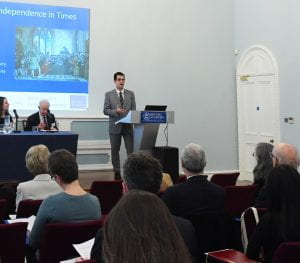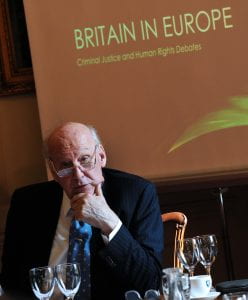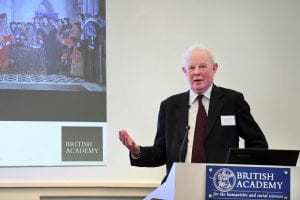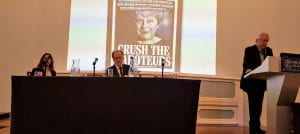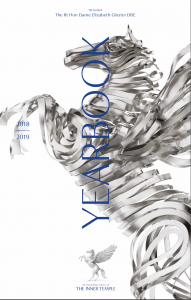 Judicial independence is under threat globally. Current attacks on the judiciary in the United States, for instance, are unprecedented and concerning. Or we may look at anti-terrorism measures and challenging political climates in France and the United Kingdom or Greece respectively, and we can see how they have diminished the traditional hallmarks of a strong and independent judiciary.
Judicial independence is under threat globally. Current attacks on the judiciary in the United States, for instance, are unprecedented and concerning. Or we may look at anti-terrorism measures and challenging political climates in France and the United Kingdom or Greece respectively, and we can see how they have diminished the traditional hallmarks of a strong and independent judiciary.
The need for external scrutiny therefore often becomes a priority, in cases where checks and balances in domestic law may have failed to provide protection. Poland offers a key illustration.
While all this is happening, the landscape in which judges operate is undergoing significant transformation. In recent years, judges have become less insulated from political life, as can be seen from frequent appearances before parliamentary committees. An increasingly entrenched populism, the rise of fake news and the increased role of technology in legal practice are all likewise influencing how the judiciary operates, and what pressures are exercised upon its independence.
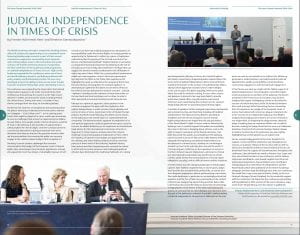
Or we might look into ‘hidden aspects’ of judicial independence, such as the impact of budgetary control on the effective exercise of judicial functions, or how judicial self-control can play an important role in the exercise of an independent judiciary.
These are some of the key themes that have emerged from a recent British Academy conference on Challenges to judicial independence, co-convened by Goldsmiths’ Prof Dimitrios Giannoulopoulos and Swansea’s Dr Yvonne McDermott Rees.
A first reflection on these themes, co-authored by Prof Giannoulopoulos and Dr McDermott Rees, has appeared in the Honourable Society of the Inner Temple’s prestigious Yearbook, which can be accessed here.
A video with part of the proceedings can be viewed here.
